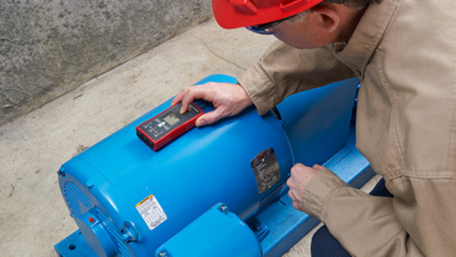
Connecting a new motor without knowing the phase rotation of the electrical supply can cause damage to expensive equipment. By using a 3-phase rotation meter,…
Connecting a new motor without knowing the phase rotation of the electrical supply can cause damage to expensive equipment. By using a 3-phase rotation meter, you can save yourself time and money.
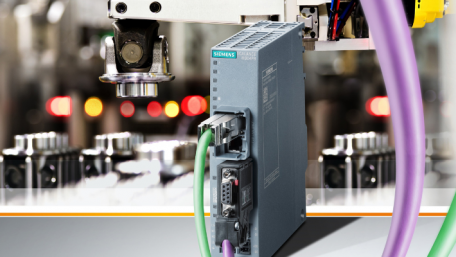
Network routers are designed to route and pass information between a system of connected computers and devices. Learn…
Network routers are designed to route and pass information between a system of connected computers and devices. Learn about the role of routers in industrial applications and how to properly maintain them.
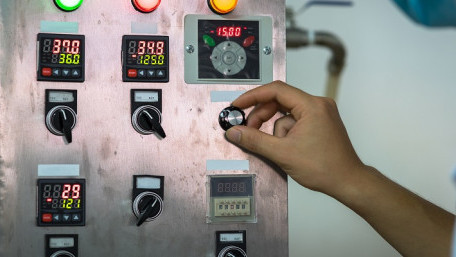
With precise control abilities to manage speed, torque, and direction, variable frequency drives remain one of the most…
With precise control abilities to manage speed, torque, and direction, variable frequency drives remain one of the most common methods of driving 3-phase industrial motors. Below, we introduce a few leading VFD manufacturers.
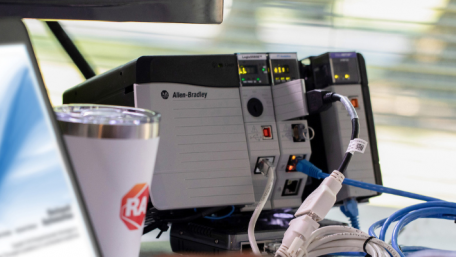
Arrays can streamline data storage and math operations, but they can be difficult to understand for a beginning…
Arrays can streamline data storage and math operations, but they can be difficult to understand for a beginning programmer. Learn the background of array instructions in the Rockwell Studio 5000 software.

Functional safety is the safety of a system and is critical for industries such as medical devices, automotive, railways,…
Functional safety is the safety of a system and is critical for industries such as medical devices, automotive, railways, and machinery. This article will focus on functional safety for machinery and the standards that help its implementation.

Servers are vital to the flow of information in and around organizations, acting as a hub for information transfer and…
Servers are vital to the flow of information in and around organizations, acting as a hub for information transfer and storage. Learn about the role of servers in industry and the potential challenges that come with maintaining them.
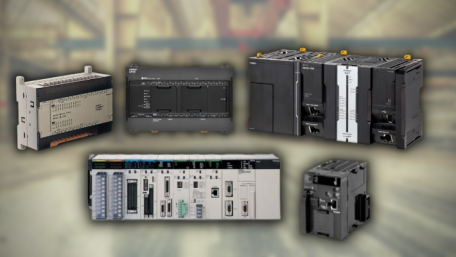
With the first fuzzy logic-based controllers on the market in 1983, learn how the Japanese-born automation company,…
With the first fuzzy logic-based controllers on the market in 1983, learn how the Japanese-born automation company, Omron, adopted fuzzy logic as a basis for the design of its current PLCs.
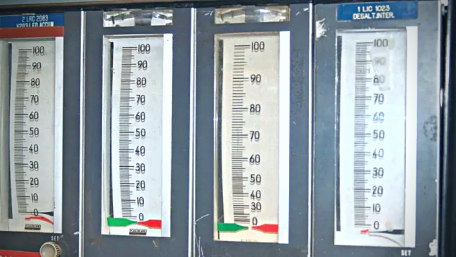
Learn about proportional gain and proportional band, two key proportional control concepts, to better understand the most…
Learn about proportional gain and proportional band, two key proportional control concepts, to better understand the most popular control system method in industrial automation.
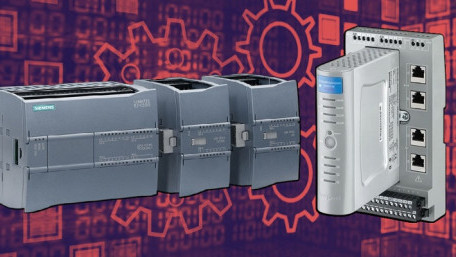
Despite the many overlaps, PLCs and RTUs are two different devices, each with specific suitable applications.
Despite the many overlaps, PLCs and RTUs are two different devices, each with specific suitable applications.
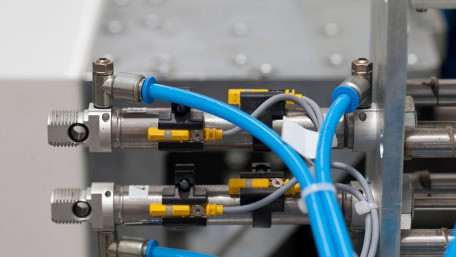
Tracking the position of a hydraulic or pneumatic cylinder is often accomplished at a basic precision level, detecting…
Tracking the position of a hydraulic or pneumatic cylinder is often accomplished at a basic precision level, detecting only end stop limits with discrete digital values… But what methods accomplish this?
You are bound to encounter two terms associated with sensors and some loads: ‘NPN’ and ‘PNP’. You must understand…
You are bound to encounter two terms associated with sensors and some loads: ‘NPN’ and ‘PNP’. You must understand the relationship between the field device and the control module in order to choose and install components properly when needed.
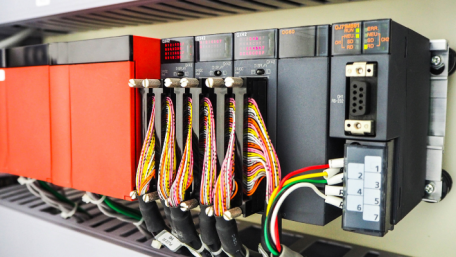
PLC and other automation project software can be easier and more efficient to update and maintain thanks to the…
PLC and other automation project software can be easier and more efficient to update and maintain thanks to the introduction of Git control, already a staple for typical programming of large-scale projects.
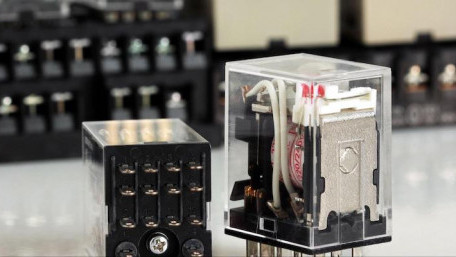
Relay and other coil devices pose a few confusing questions: How can the relay still work if you connect a DC supply in…
Relay and other coil devices pose a few confusing questions: How can the relay still work if you connect a DC supply in reverse? How can an alternating voltage attract and hold the load consistently?
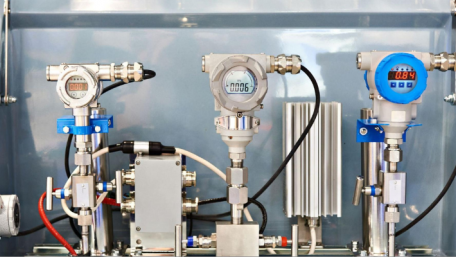
Industrial analog sensor devices primarily use 0-10 volt or 4-20 milliamp. For those mA signals, learn the reasons for…
Industrial analog sensor devices primarily use 0-10 volt or 4-20 milliamp. For those mA signals, learn the reasons for why the lower and upper limit standards were determined as 4 mA and 20 mA.
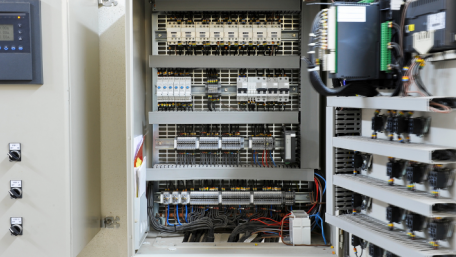
Industrial control panels are at the heart of control systems. Learn about the standards and regulations that dictate…
Industrial control panels are at the heart of control systems. Learn about the standards and regulations that dictate industrial control panel design for safety and efficiency, including NFPA 70, UL 60947-4-1, and NFPA 79.
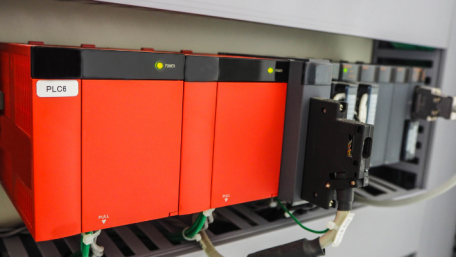
The ability to utilize an array effectively is a fundamental skill in becoming a PLC programmer, but it can also be very…
The ability to utilize an array effectively is a fundamental skill in becoming a PLC programmer, but it can also be very complex and difficult to master. Let’s do a run-down of arrays and some of their complexities!
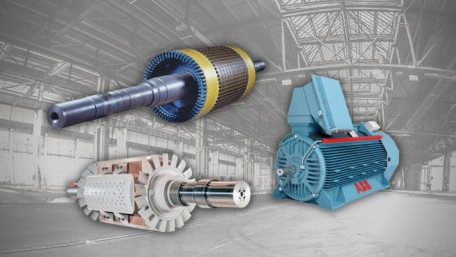
In this article, we will take a look at the differences between synchronous and induction motors, as well as the two…
In this article, we will take a look at the differences between synchronous and induction motors, as well as the two types of induction motors: squirrel cage and wound rotor.
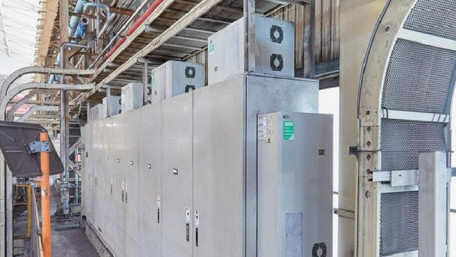
Any machine can become a source of elevated temperature, even under regular operation. We cannot assume that temperature…
Any machine can become a source of elevated temperature, even under regular operation. We cannot assume that temperature problems occur only based on climate conditions, and mitigation steps must be employed.
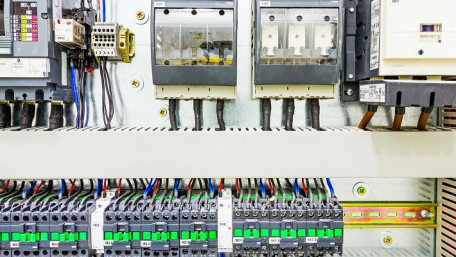
When selecting the right module for the right load, be sure to understand how the load resistance will affect the voltage…
When selecting the right module for the right load, be sure to understand how the load resistance will affect the voltage and current of the output module terminals.
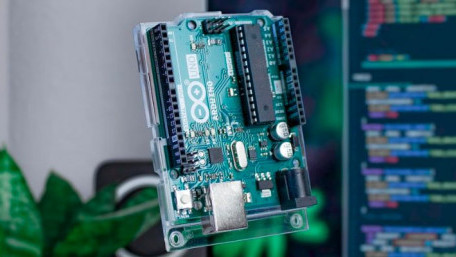
Arduinos have been a staple in the community of makers, students, and project innovators for many…
Arduinos have been a staple in the community of makers, students, and project innovators for many years. For many using Arduino’s IDE, there can be difficulties in translating between PLC ladder rungs and text programming.
